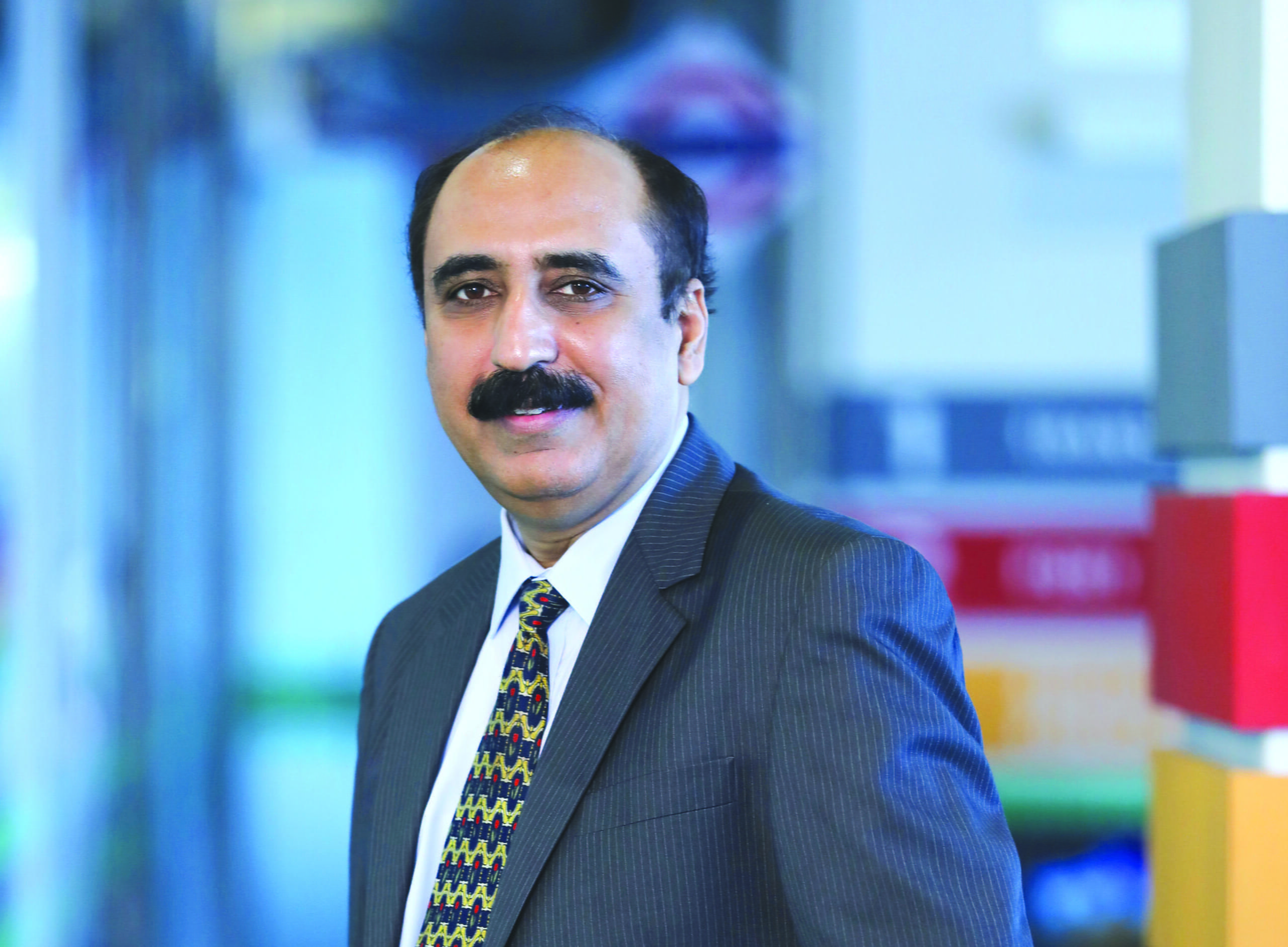Vineet Malhotra, Co-founder and Director, Kale Logistics Solutions, discusses the challenges and benefits of blockchain in food traceability. He highlights issues such as technical complexity and regulatory uncertainty while emphasizing the importance of collaboration and standardisation for cost-effective and secure implementation.

Consumers can verify organic produce authenticity, ensuring adherence to certification standards
Vineet Malhotra explores how a unified, cost-effective blockchain approach benefits the food supply chain. Collaboration, standardization, and scalability enable stakeholders to share costs, streamline operations, and ensure transparency. Industry-wide standards reduce integration complexities, enhancing efficiency and reliability. This cohesive strategy transforms the food industry, fostering trust and integrity through flexible, scalable solutions.
Navigating challenges
Using blockchain to trace food has problems that stop many people from using it. One problem is that different systems don’t work well together. Another problem is making sure the information is right. Laws and rules also make it hard to use blockchain. Some companies don’t want to change the way they do things. Food companies have lots of different data, which makes it even harder. People worry about who can see their data and if it’s safe. There aren’t global rules to make things easier, so it’s hard for everyone to agree. We need to change how we do things and make people trust blockchain more.
Fostering trust
Ensuring accountability and transparency in the food supply chain is vital amid widespread food contamination. Blockchain technology facilitates collaboration among companies, supply chain stakeholders, and regulators to establish standards and solutions for a safer food ecosystem. It enables the tracking of contaminated products down to individual ingredients, preventing foodborne illnesses. Blockchain streamlines recall management, reducing food waste through targeted recalls. Consumers can verify organic produce authenticity, ensuring adherence to certification standards. Farmers, distributors, and retailers can authenticate organic products, preventing counterfeit goods. This fosters trust and integrity in the food industry.
Encrypted journey
Blockchain technology improves food traceability by making data more accurate and reliable, simplifying complex processes, and making information easier to see and get. It gives people control over their data and stops mistakes, copying, and tampering, making sure there’s only one true record for everyone in the food supply chain. Also, blockchain lets authorized people share and check data instantly and in detail, so they can choose how and with whom to share information. This helps supply chains work better, keeping data consistent, safe, and easy to use.
Future
By combining blockchain with CCS, we can track fresh food shipments from the farm to your plate more accurately than ever before. Every part of the journey, like picking, processing, moving, and storing, gets recorded securely on the blockchain. This creates unchangeable data, making sure everyone can see what’s happening and who’s responsible. It’s important to include small farmers and rural areas in this decentralized blockchain setup. This helps make fair food systems last, giving consumers the power to choose wisely. This combo doesn’t just offer traceability; it also makes the food chain fairer and stronger for everyone.











